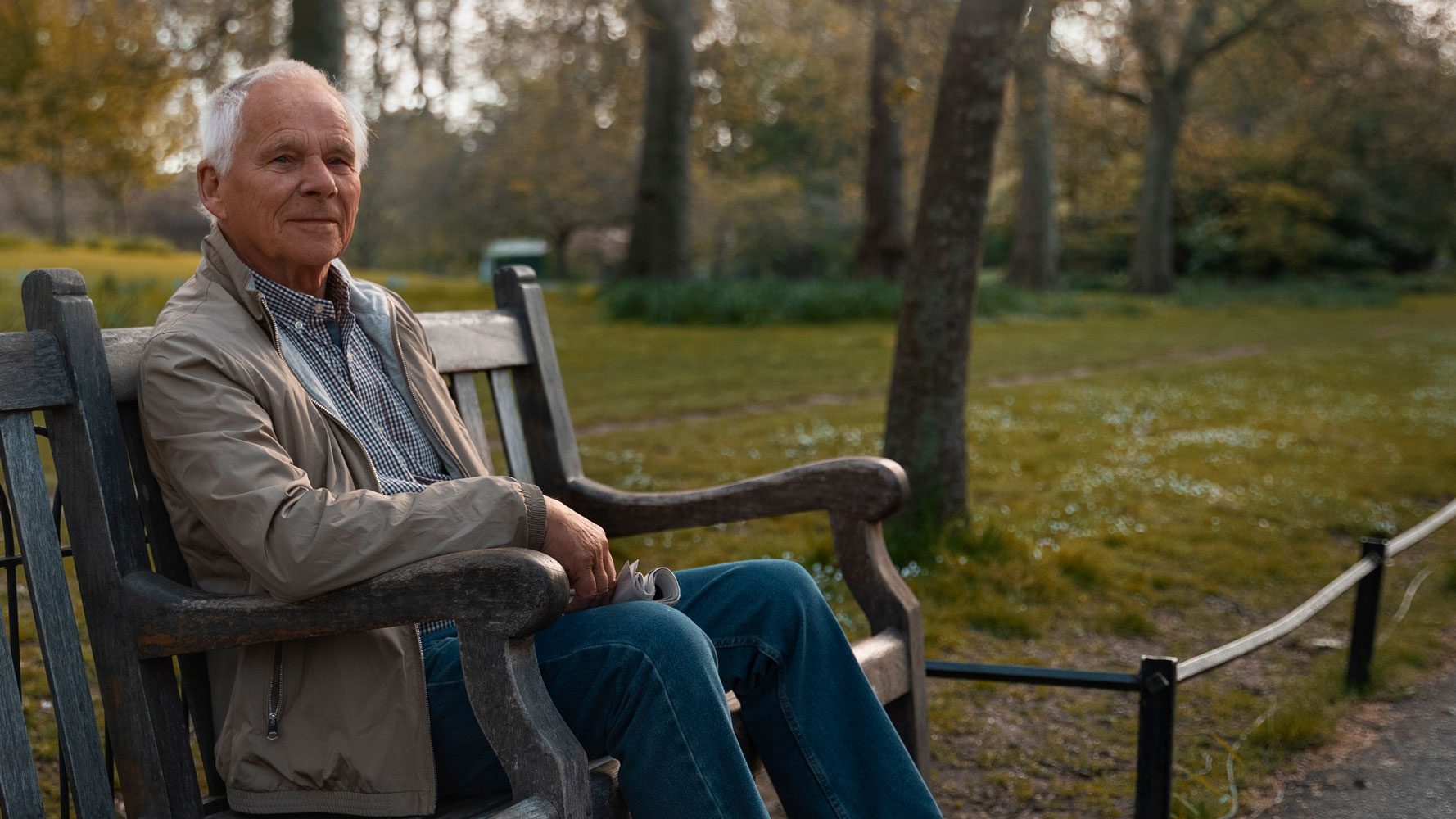Moving into residential aged care can be a big decision – one that involves not just emotional adjustments, but also understanding what kind of care, services, and support you’re entitled to. The Residential Care Service List (2025) sets the national standards for what aged care homes must provide to residents. These requirements are defined under the Aged Care Act 2024 and the Aged Care Rules 2025, ensuring consistency, quality, and fairness across Australia’s aged care system.

The good news is that with the right planning, communication, and support, you can continue your home care seamlessly when relocating. This article explores what seamless transition in aged care looks like, why it matters, and practical steps to ensure older adults receive the quality care they deserve before, during, and after a move.
1. The Foundation of Residential Care
Every approved residential aged care home in Australia must deliver a set of core services, grouped into four main areas:
- Accommodation
- Everyday living
- Non-clinical care
- Clinical care
These services are funded by the Australian Government, with some contributions from residents depending on personal financial circumstances. This ensures that everyone receives safe, quality care, regardless of their means.
When you enter a home, you’ll sign both a service agreement (covering care and services) and an accommodation agreement (covering your room type and fees). Together, they form the foundation of your rights and entitlements in care.
2. Quality, Rights, and Respect
All aged care homes must operate under the Aged Care Quality Standards, which set expectations for safety, dignity, and person-centred care. These standards are monitored by the Aged Care Quality and Safety Commission, which accredits providers and investigates complaints.
Just as important is the Statement of Rights, introduced through the new Aged Care Act. It affirms every person’s right to:
- Independence and choice
- Privacy and respect
- Access to safe, high-quality care
- Social connection and advocacy
- Freedom to raise concerns without fear
These rights are not optional. They form the ethical and legal backbone of residential aged care in Australia.
3. Understanding Funding and Fees
Aged care funding is shared between the Government and residents. The Government subsidises the majority of the cost, but residents contribute through a basic daily fee, and depending on means, may also pay for accommodation, non-clinical care, or hotel-style living costs.
Some homes also offer “higher everyday living services” which include optional extras such as private televisions, premium meal choices, or personal room devices. These are completely voluntary and come with an additional charge known as a Higher Everyday Living Fee (HELF).
You can opt in or out of these services after you’ve moved in, and there’s a ‘cooling-off’ period to ensure you don’t feel pressured into paying for something you don’t want.
Start comparing providers rightaway with a tailored report sent to you within 20 minutes. Get started here.
4. Accommodation: Your Space, Comfort, and Safety
Accommodation covers everything that makes your living environment safe, comfortable, and homelike. Residential care providers are responsible for:
- Maintaining buildings, gardens, and shared spaces
- Managing repairs, cleaning, pest control, and refurbishments
- Providing appropriate furnishings and fittings
Your room will include essentials such as a bed, linen, furniture, and bathroom fittings. If you need specialised items such as an adjustable bed or pressure-relief mattress, these will be provided if recommended by a health professional.
You’re also free to bring some personal furniture or decorations, provided they meet safety requirements.
5. Everyday Living: The Comforts of Daily Life
Everyday living services are about the essentials that make life comfortable, connected, and dignified.
- Communication and connection:
Every home must provide access to a phone or internet-connected device so you can stay in touch with loved ones. If you’d like one in your room, the home may charge for that convenience, but a communal option must always be available.
- Utilities and maintenance:
Electricity, water, heating, and cooling are included, and homes must maintain comfortable temperatures and safe facilities year-round.
- Cleaning and laundry:
Your room and shared spaces will be cleaned regularly. Homes also manage waste safely, including clinical waste, and provide laundry services for your clothes and linens.
- Meals and nutrition:
Residents receive at least three nutritious meals a day, plus snacks and drinks available throughout the day and night. Meals are designed to meet medical, cultural, and religious needs. If your doctor or dietitian recommends a special diet, it’s provided at no extra cost.
- Toiletries and essentials:
You’ll receive basic personal care items such as soap, toothpaste, deodorant, shampoo, and moisturiser. If you prefer a specific brand or product, you can buy it yourself or request it as part of a higher living service.
These everyday provisions are included in your government-funded care. You shouldn’t be charged extra for them.
6. Non-Clinical Care: Support for Daily Living
Non-clinical care focuses on personal assistance and wellbeing. In other words, everything that supports you to live with dignity, independence, and connection.
- Personal care assistance:
This includes help with bathing, dressing, eating, grooming, and maintaining hygiene. Staff are trained to provide this support respectfully and according to your individual needs.
- Communication support:
If you have vision, hearing, or speech difficulties, or if English isn’t your first language, your provider must assist you with appropriate communication aids and translation services.
- Emotional and social wellbeing:
Good aged care supports more than just physical needs. Homes must provide emotional and pastoral care, helping residents adjust to new surroundings and stay connected with others.
- Mobility and movement:
Homes must provide walking aids, wheelchairs, or lifting equipment where required. These are assessed based on individual need, though motorised scooters or personal preference upgrades may come at additional cost. - Recreation and community:
Every resident must have access to at least one daily activity such as art, games, exercise, or music, including on weekends and holidays. Homes also offer group outings, though transport or entry fees may be extra.
Learn more: What can I spend my Support at Home package on?
7. Clinical Care: Managing Health and Wellbeing
Clinical care services are delivered by qualified nurses and allied health professionals, ensuring residents’ medical needs are met.
- Care planning:
Each resident has an individual care and services plan, developed by a registered nurse and reviewed regularly. The plan covers your health goals, treatments, and preferences, ensuring your care stays up-to-date and tailored to you.
- Allied health and rehabilitation:
Depending on your needs, you may access physiotherapy, podiatry, speech therapy, or occupational therapy to maintain strength, function, and independence.
- Medication management:
Homes oversee the safe ordering, storage, and administration of medications. While you’ll pay for your prescriptions as usual under the Pharmaceutical Benefits Scheme (PBS), staff will handle the day-to-day management and monitoring.
- Nursing services:
Nurses provide a wide range of care, from wound management and chronic disease support to palliative and end-of-life care. They monitor health changes closely and coordinate with doctors and specialists as needed.
- Dementia and cognitive support:
Residents living with dementia receive personalised care designed to maintain comfort, engagement, and dignity. Programs often include memory support activities and sensory therapies.
- Access to medical professionals:
Homes will help arrange GP or specialist appointments and provide support with transport if needed. You can choose your own doctors, and Medicare benefits apply to eligible services.
Getting Help and Raising Concerns
If you ever have questions or concerns about your care, you have the right to speak up and you’re protected when you do.
Start by talking to your care home’s staff or management. Every approved provider must have an internal complaints process. If you need extra help or your concern isn’t resolved, reach out to the Aged Care Quality and Safety Commission which investigates care quality concerns. Call 1800 951 822 or visit agedcarequality.gov.au.
Choosing a residential aged care home is about more than finding a place to live; it’s about finding the right balance of support, comfort, and respect for your independence. By understanding these standards, you can have more meaningful conversations with care providers, ask the right questions, and make informed choices that suit your needs and lifestyle.
Our team at Aged Care Decisions comes with in-depth experience and strong knowledge of not just the aged care industry as a whole, but also an acute understanding of residential aged care. If you or a loved one are looking for expert guidance in this space, we are here to assist, at no cost to you whatsoever.
Here’s how our FREE service works:







